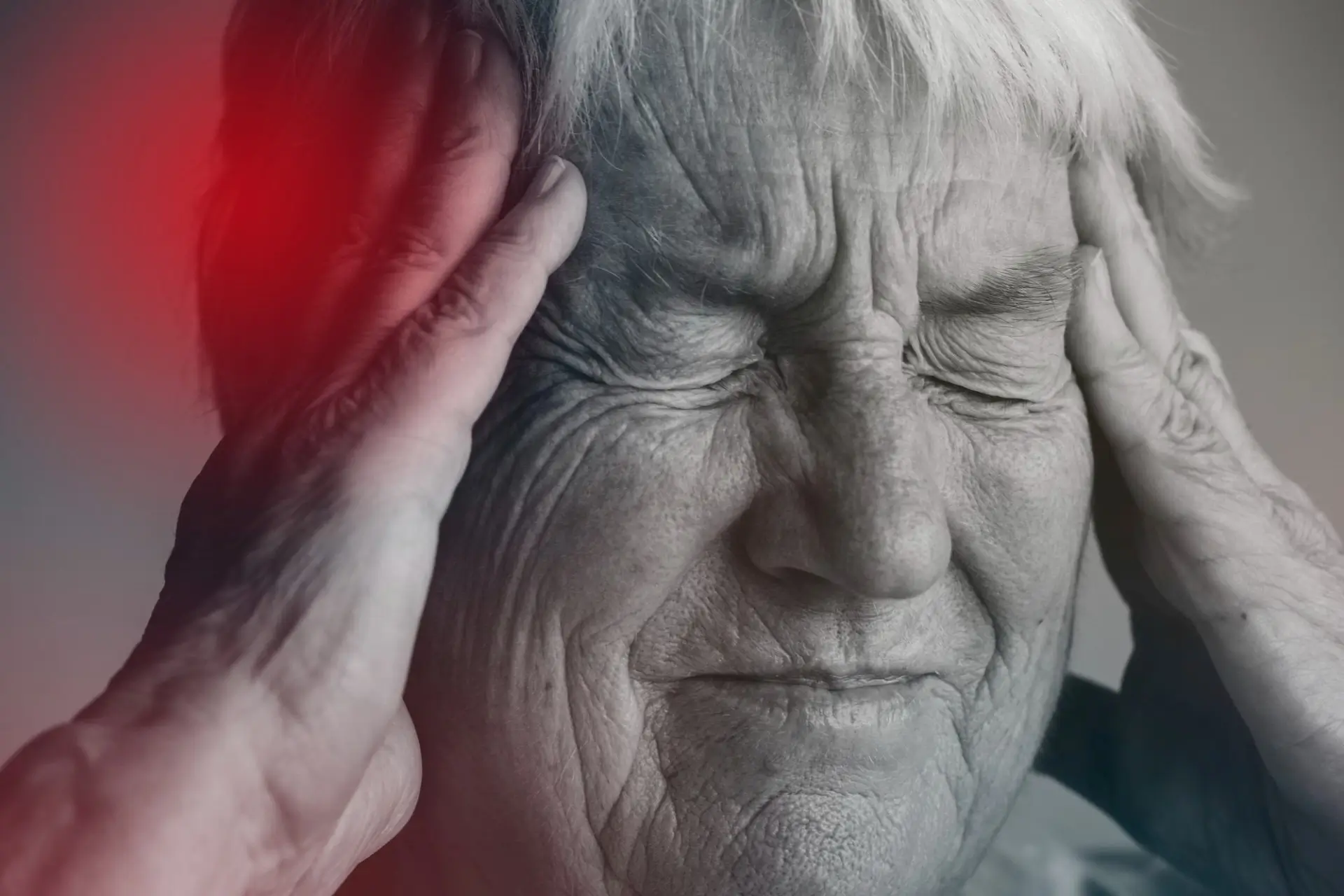Article
A Comprehensive Perspective on Stroke: Its Signs, Therapy, and the Importance of a Neurologist
28 Nov 2024

A stroke occurs in the brain. It is a serious medical condition resulting because blood flow to a particular part of your brain is restricted. Strokes are a life-threatening emergency. However, immediate medical intervention can save a patient’s life or prevent permanent damage to the brain. Though strokes can occur at any age, adults above the age of 65 are most likely to suffer from a brain stroke. However, lifestyle choices such as smoking, alcohol consumption, unhealthy diet, and lack of exercise have increased the likelihood of strokes in individuals as young as 40.
Strokes seldom come with a warning. However, a droopy face (especially when smiling), numbness or weakness in arms, speech difficulty, trouble understanding others, blackened vision, dizziness, severe headaches, and difficulty swallowing are some striking symptoms of an incoming brain stroke. Though a general physical or your family doctor may be the first person you head to as soon as the symptoms show up, brain strokes are best managed by neurologists.
Strokes, most certainly, cannot be managed at home. They always require medical investigation and immediate hospitalisation. If you or your loved one has endured a stroke, it is most likely that a neurologist will handle your medical case history. A neurologist is an expert on stroke care. They have expertise in diagnosing, treating, and managing disorders of the brain, spinal cord, and the entire nervous system. Since neurologists are experts in this domain, they deploy a series of tests to study a patient’s brain anatomy, brain function, and blood supply to the brain to confirm the stroke.
A neurologist detects strokes through Physical Examination, CT Scans, MRI reports, and MR Angiography. Blood tests are also essential to determine coagulation profile and blood glucose levels. Neurologists specialise in treating nervous systems and cerebrovascular-related conditions, so they are best suited to manage a stroke. A general physician may not be well equipped to identify an actual stroke from an abnormal electrical activity brought on by a seizure or a severe migraine attack. It is also best to get a neurologist involved in a brain stroke case to prevent a secondary brain injury. From administering additional tests like cerebral angiography, Thrombolysis, Mechanical Thrombectomy and more to ensuring from rehabilitation of a stroke patient, the role of a neurologist is very critical.
It is important to head to a hospital as opposed to a local clinic to treat a patient who has suffered a brain stroke because stroke management requires emergency rooms that can manage stroke patients, a Thrombolytic Therapy Setup, and an Interventional Radiology Suite in addition to diagnostic testing. Neuro Spine Health specialises in neurology consulting for stroke management with state-of-the-art Carotid Dopplers, Ventilators, Echocardiography, CT Scan and MRI machines, Angiography equipment, and a dedicated stroke ward. The centre also provides after-stroke care in the form of physical, speech, and occupational therapy.